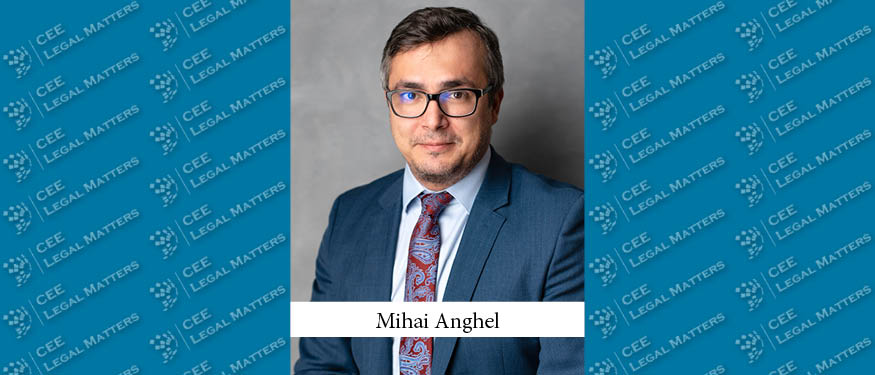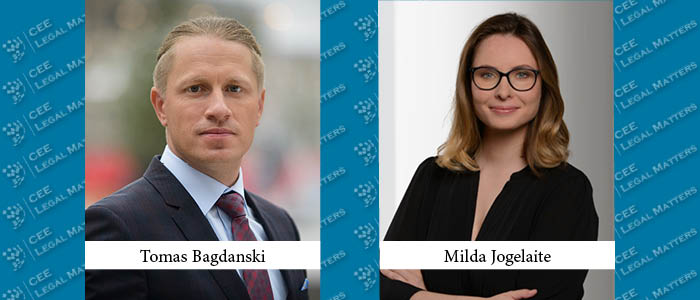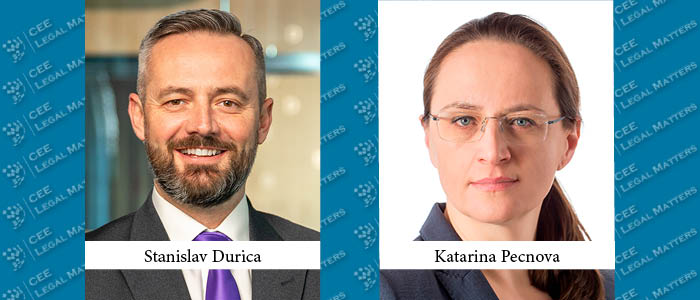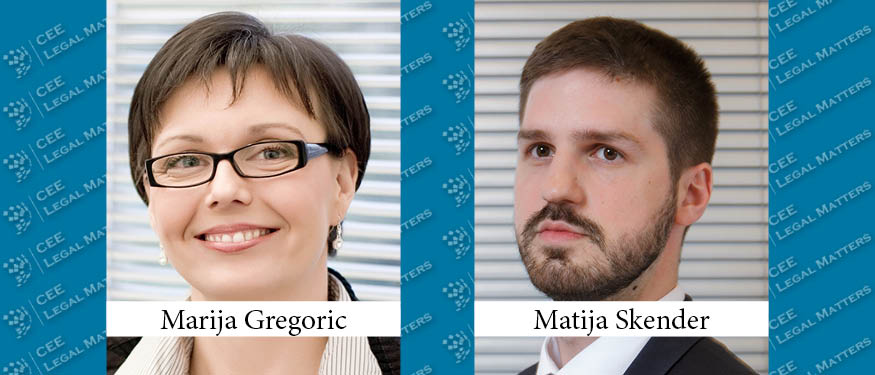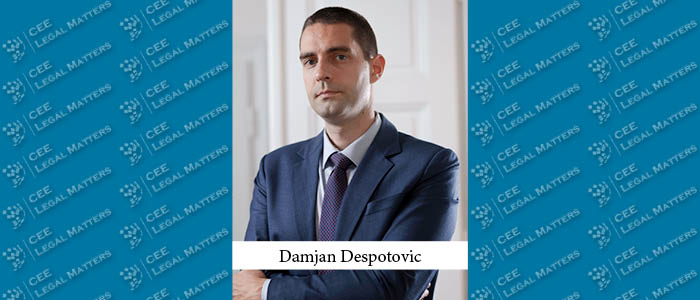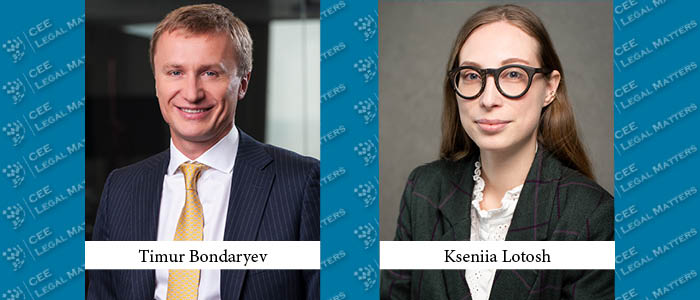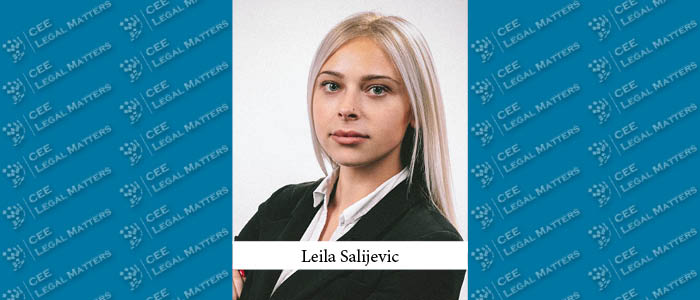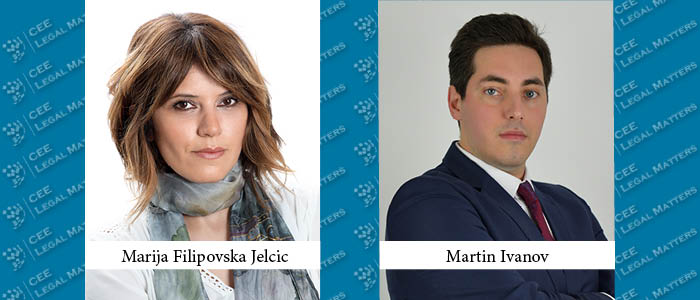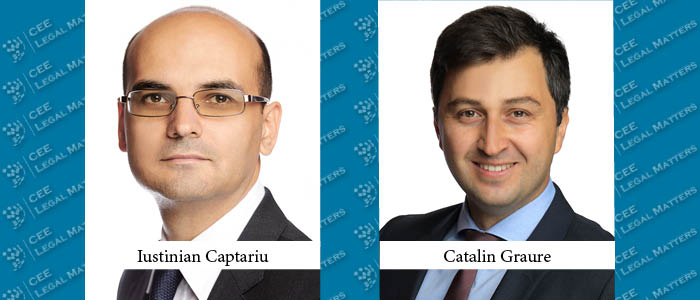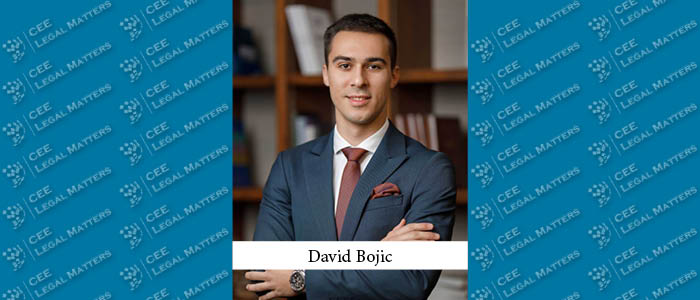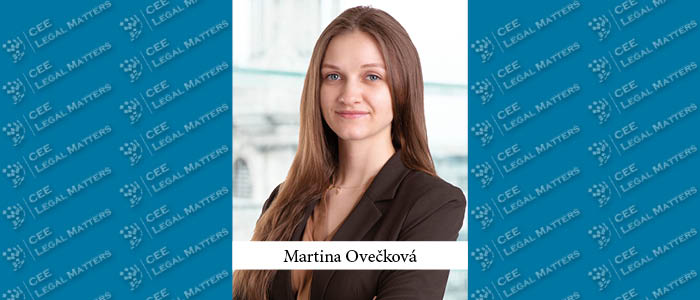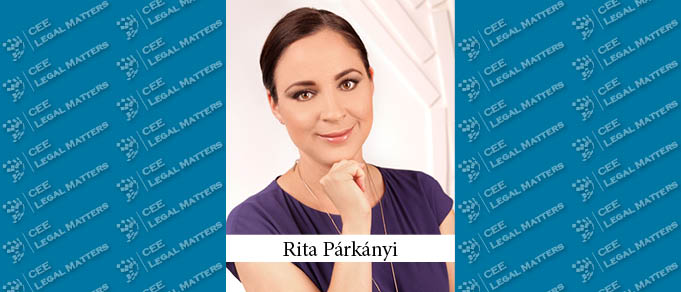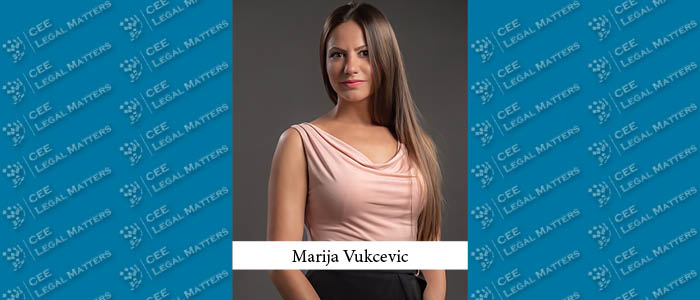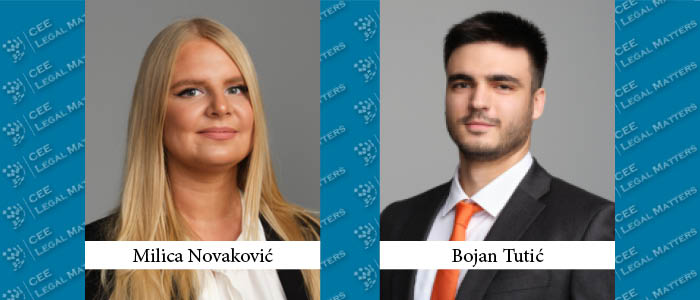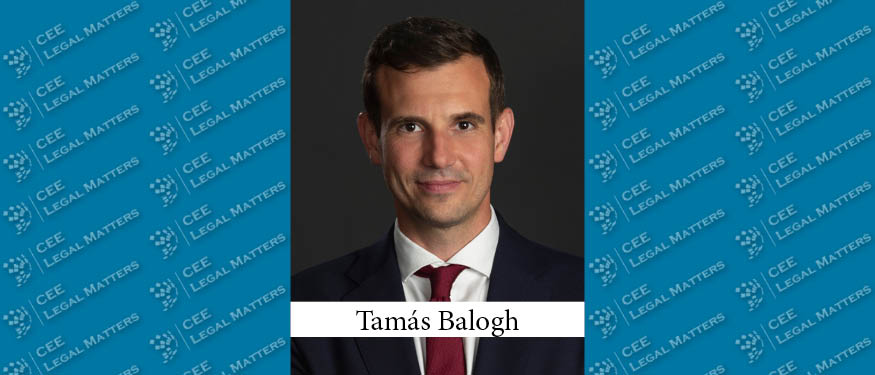In light of the constantly and rapidly changing world climate, there was a need for changes to provisions in labor law that have not been updated for years, namely on minimum wages and payment of salary.
Austria: ECJ and Austrian Supreme Court Strengthen Employee Rights for Annual Vacation
The statutory right to vacation originally arose from the employer’s duty of care for its employees. The Austrian Vacation Act of 1976 is a manifestation of this duty of care. It provides for five – with some seniority six – weeks of vacation for each working year. The law also expressly states that vacation should be used up, if possible, by the end of the year in which it was accrued. However, the employer and employee must agree on the specific leave days. In general, this means that neither the employee can take off for vacation unilaterally, nor can the employer impose it. Therefore, if there is no agreement on the actual use of vacation, this leads to an accumulation of vacation days.
Romania: The Impact of Romania’s New Employment Regulations – the Good and the Bad
The end of 2022 has brought numerous and substantial updates to employment legislation in various areas, such as adjustments to the minimum content of the internal regulations and to the mandatory template for the employment contract, as well as a whole new piece of legislation regulating social dialogue: Law no. 367/2022 to replace the former Law no. 62/2011.
Lithuania: Flexibility and Nuances in the Labor Code
In today’s fast-evolving world, countries are continuously revising their labor laws to achieve the right balance between the needs of the workforce and the demands of the corporate sector. The Republic of Lithuania stands out in this regard, as its Labor Code seeks to provide flexibility in labor relations, all the while ensuring the rights of its employees are not undermined. A close examination of the Labor Code, local documentation practices, and the progressive legal shifts toward Western norms paints a comprehensive picture of the nation’s approach to employment dynamics.
Slovakia: Strengthening Whistleblower Protection
The Slovak Republic’s amendment to the Whistleblowers Protection Act widens the scope of protection, shortens deadlines, and increases fines for non-compliance. Most provisions took effect on July 1, 2023, with some coming in on September 1, 2023.
Croatia: Garden Leave – When Timing Is of the Essence
Terminating an employee is a critical juncture for employers, fraught with potential risks and complications. Such a move can disrupt workflow and productivity, casting a shadow on workplace morale and organizational stability. Additionally, it opens the door to legal disputes, with terminations often seen as unfair or discriminatory, resulting in costly litigation.
Serbia: Contractual Penalty in Labor Law
In the Serbian market, contractual penalties are often included in employment contracts since this is concrete and efficient protection for the employer in case of a breach of certain contractual obligations by employees. On a general note, a contractual penalty is a fixed monetary receivable that can be claimed in case of a breach of contractual obligations by one party, without having to prove the actual amount in damages. However, in the area of labor law, there is still uncertainty when it comes to the validity of such clauses and their enforceability in case of disputes.
Ukraine: Ensuring Employees’ Safety During Air Strikes
Considering the ongoing martial law in Ukraine and frequent air strikes in various parts of the country, more and more employers are becoming concerned about whether they should adopt measures to protect their personnel or provide shelter, and what the liability if these obligations are not fulfilled would be.
Bosnia and Herzegovina: Signing of Management Contracts in Practice
The need for management contracts arises when an employer needs to arrange for a relationship beyond that of one with a simple employee – one with an individual performing managerial or supervisory tasks. Therefore, the relevant labor laws (in the Federation of Bosnia & Herzegovina, Republika Srpska, and Brcko District of Bosnia & Herzegovina) introduce management contracts that offer an alternative for the employer to conclude an agreement with a manager without establishing actual employment. The aim is for a more flexible arrangement of said business relationship or established employment which is absolutely subject to the provisions of the relevant labor laws.
North Macedonia: Adapting to Economic Challenges – Exploring Remote Work and Cost-Cutting Strategies
In recent times, the global economic landscape has raised concerns about the potential onset of a recession. Consequently, businesses operating in North Macedonia are proactively seeking strategies for cost reduction and organizational restructuring.
Gotta catch 'em all: Extending the Scope of the Romanian FDI Screening Regime to EU Investors and Below-Control Acquisitions
A little over one year since Romania’s new foreign direct investment (“FDI”) screening regime became fully operational, the Romanian government passed an emergency ordinance meant to further clarify particular aspects under the law (such as the scope of the screening regime, which is further extended) or to translate into law the lessons learnt or the authorities’ reading of the rules since applying the new FDI law.
NEURC Makes Next Step in Introducing Aggregation in Ukrainian Energy Market
On 18 October 2023, the National Energy and Utilities Regulatory Commission (“NEURC”) adopted the Licensing Terms for Aggregation in the Electricity Market under Resolution No. 1909 (“Resolution”).
Electronic Company Registration in the Republic of Serbia: A Contemporary Approach to Business
In line with European efforts to create a competitive, innovative, and efficient business environment, electronic company registration has become a significant part of reforms in the field of company law. The branch of law related to business stands out as one of the most prominent examples of the impact of digitization on the law and its continuous evolution.
Cybersecurity News
In January 2023, a new directive on measures to ensure a high common level of cybersecurity in the Union (the "NIS 2 Directive") entered into force, and is to be transposed by 17 October 2024.
Hungary is to Ratify the Modernization of Personal Data Processing Convention
On 19 October 2023, Ambassador Harry Alex Rusz, Permanent Representative of Hungary to the Council of Europe deposited the instrument of ratification of the Amending Protocol to the Convention for the Protection of Individuals with regard to the Processing of Personal Data.
Incentives for Improvement of Energy Efficiency and Energy Improvement/Rehabilitation from Individual Perspective
In light of the latest amendments to the Law on Spatial Planning and Construction, which put the topic of energy efficiency and energy features of the building in the spotlight, it would be interesting to remind ourselves of the already existing legal in regard to energy efficiency improvement in Serbia, and above all, what laws and especially bylaws at the local level offer and provide to housing communities – buildings (in srb. – stambena zajednica) and individuals and in which manner they may obtain financial support in case that they intend to carry out certain measures/works that improve the energy efficiency of the building, i.e. apartment.
The 2023 Hollywood Strike: Labor, Scripts and the AI Showdown
A historic labor strike unfolded in 2023’s ever-evolving Hollywood scene, resembling a gripping drama. On May 2, the Writers Guild of America (WGA) took center stage, unanimously endorsing a strike. This was reminiscent of the industry-shifting 2007–2008 Hollywood strike, marking fifteen years since writers last voiced dissent.
Legislative Amendments Regarding the Activity of Residents of IT Parks
Law no. 77/2016 on information technology parks will be amended. A project in this regard is currently undergoing repeated public consultations ("Project"). The main amendments included in the Project are as follows:



